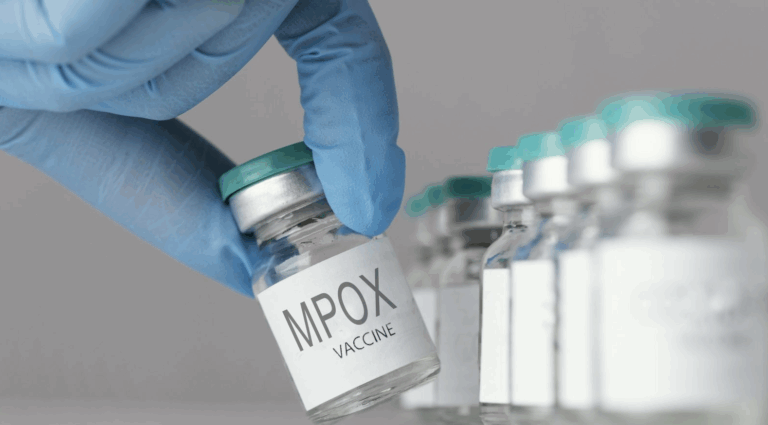Africa is confronting an acute shortage of mpox vaccine as financing falls far short of demand. Current funds can cover barely half of the doses required, leaving countries already battling multiple outbreaks scrambling for stocks. Sierra Leone and Uganda are among the hardest hit, highlighting the vulnerability of nations with limited fiscal space and high caseloads.
The continent needs about 6.4 million vaccine doses, yet money still has to be raised for roughly 3.5 million of them. Sierra Leone requested 280 000 doses but has received only 50 000, while Uganda has secured merely half of its order. Along with the Democratic Republic of Congo, these two countries account for 86 percent of Africa’s mpox cases, underscoring the importance of timely procurement.
An international consumer‑advocacy group has appealed to vaccine producer Bavarian Nordic to lower the unit price of its MVA‑BN shot. At 65 dollars per dose, the product threatens to exhaust already stretched health budgets; the price paid by the United States has been almost ten dollars lower. Strong demand from high‑income buyers has boosted the company’s revenues by more than fivefold since 2022, giving campaigners ammunition to argue that a reduced price would still leave the manufacturer profitable.
Even the doses theoretically available through an earlier one‑million‑dose supply deal remain out of reach because the necessary cash is lacking. The United Nations’ main procurement agency cannot finance about 350 000 of those doses and is itself predicting a 20 percent fall in overall income this year. Public‑sector contributions are projected to drop by 26 percent, to 250 million dollars, marking the lowest level for more than a decade.
Further complicating matters, a sudden halt in United States funding has cast doubt on the delivery of 695 000 doses once earmarked for Africa. The interruption has reverberated across a range of health programmes, removing a key pillar of international support at a critical moment.
Reported mpox infections on the continent fell by 30 percent last week, yet surveillance weaknesses muddy the picture. Laboratory testing in the Democratic Republic of Congo, for example, has slid to 13 percent of suspected cases, and the official tally there shows a 42 percent decline that may be misleading.
Sierra Leone nevertheless registered 63 percent of new confirmed cases during the week and now has 958 active infections. Ghana is experiencing a modest rebound, while Liberia and Malawi continue to report clusters.
Meanwhile, a severe cholera upsurge persists. Twenty‑one African states have logged almost 150 000 cases since January. Angola, the epicentre, recorded a 46 percent drop in weekly cases, yet transmission remains intense. In Sudan’s Khartoum State, where conflict has crippled water infrastructure, more than 16 000 cases and 239 deaths have prompted a ten‑day oral‑vaccine campaign aimed at protecting 2.6 million people, amid ongoing insecurity and resource constraints.

